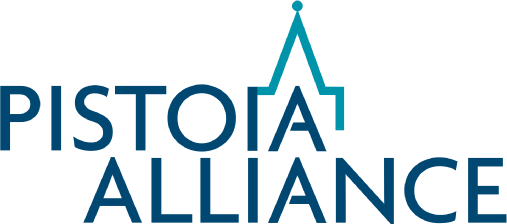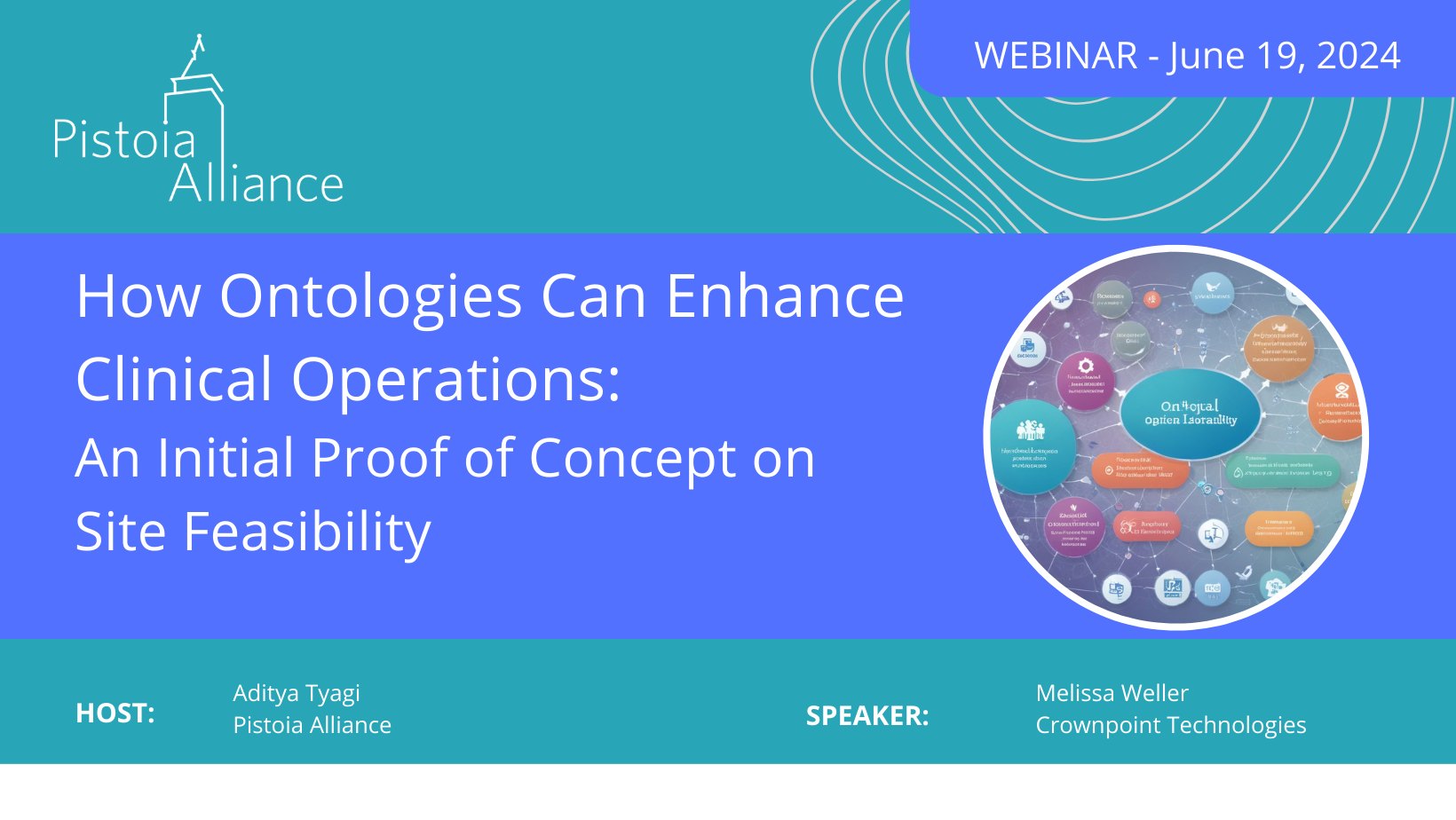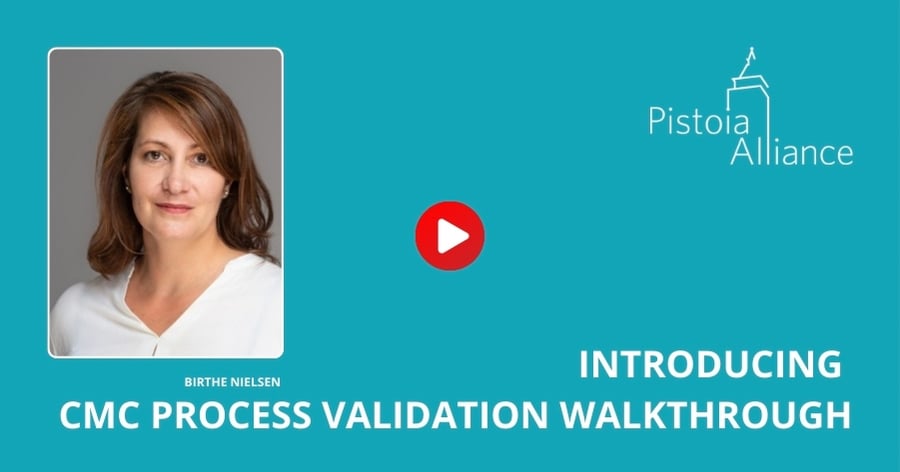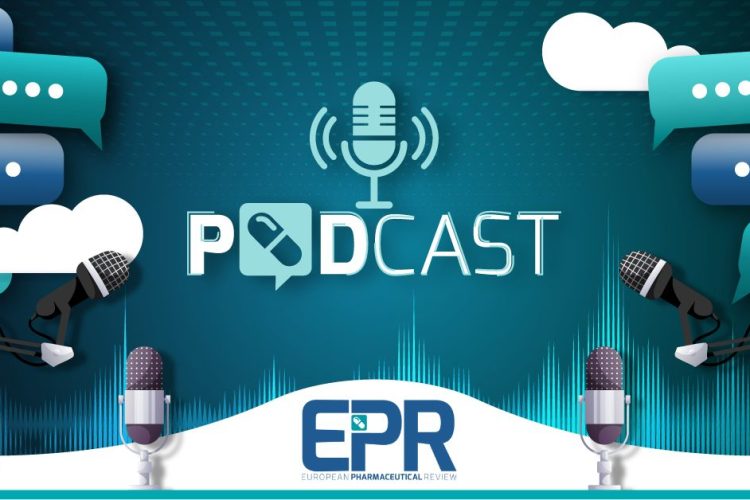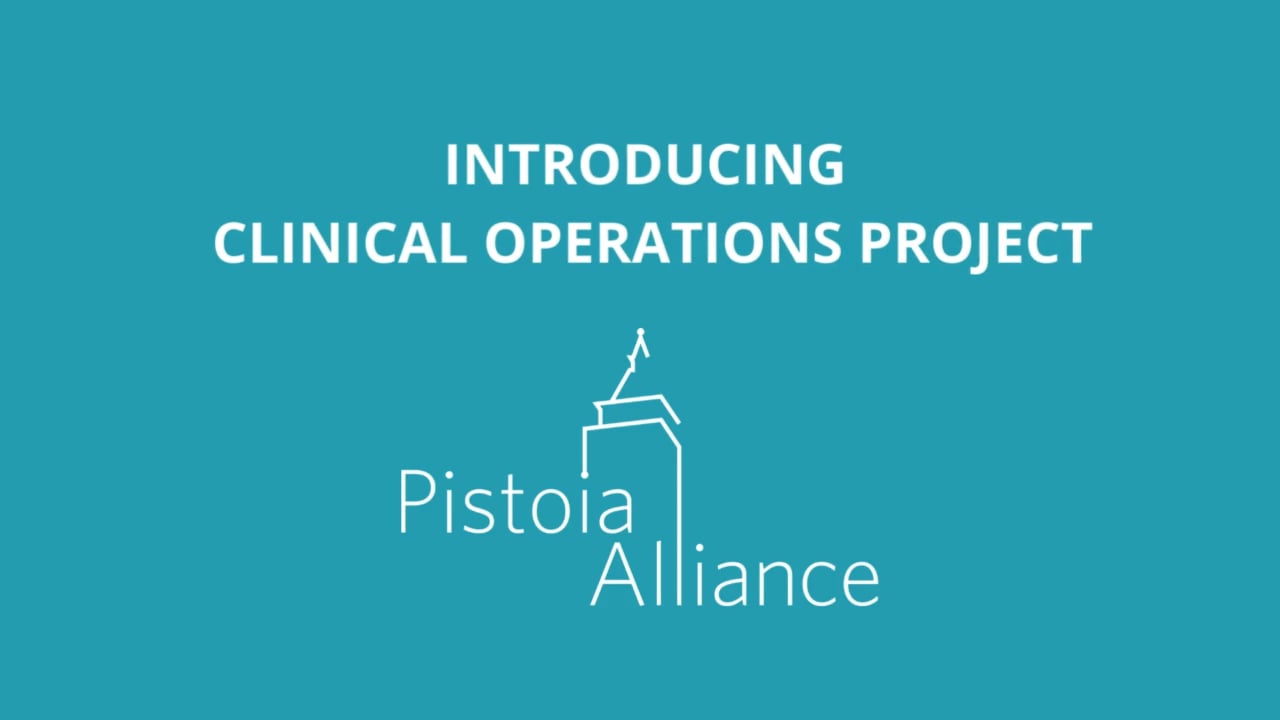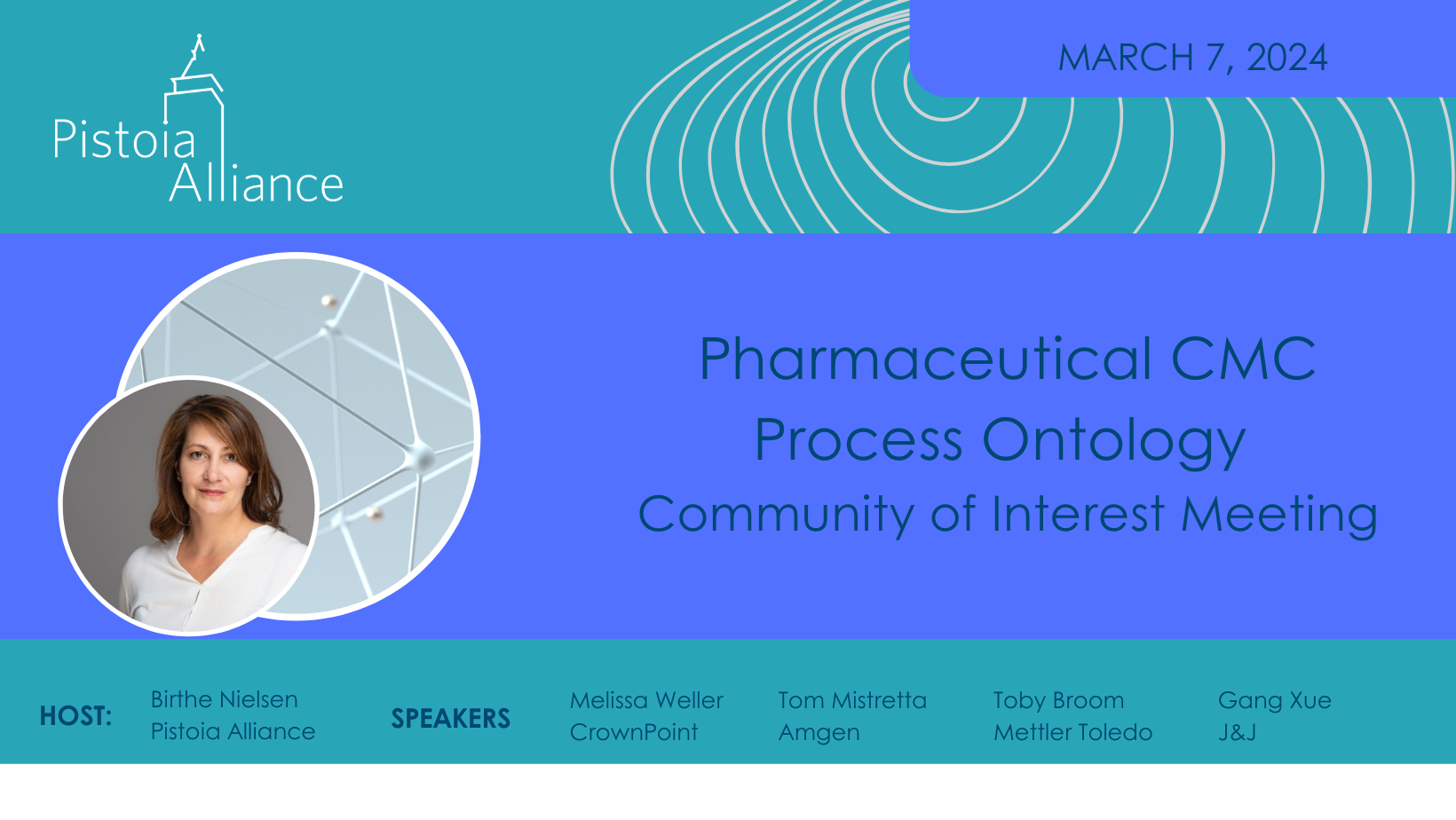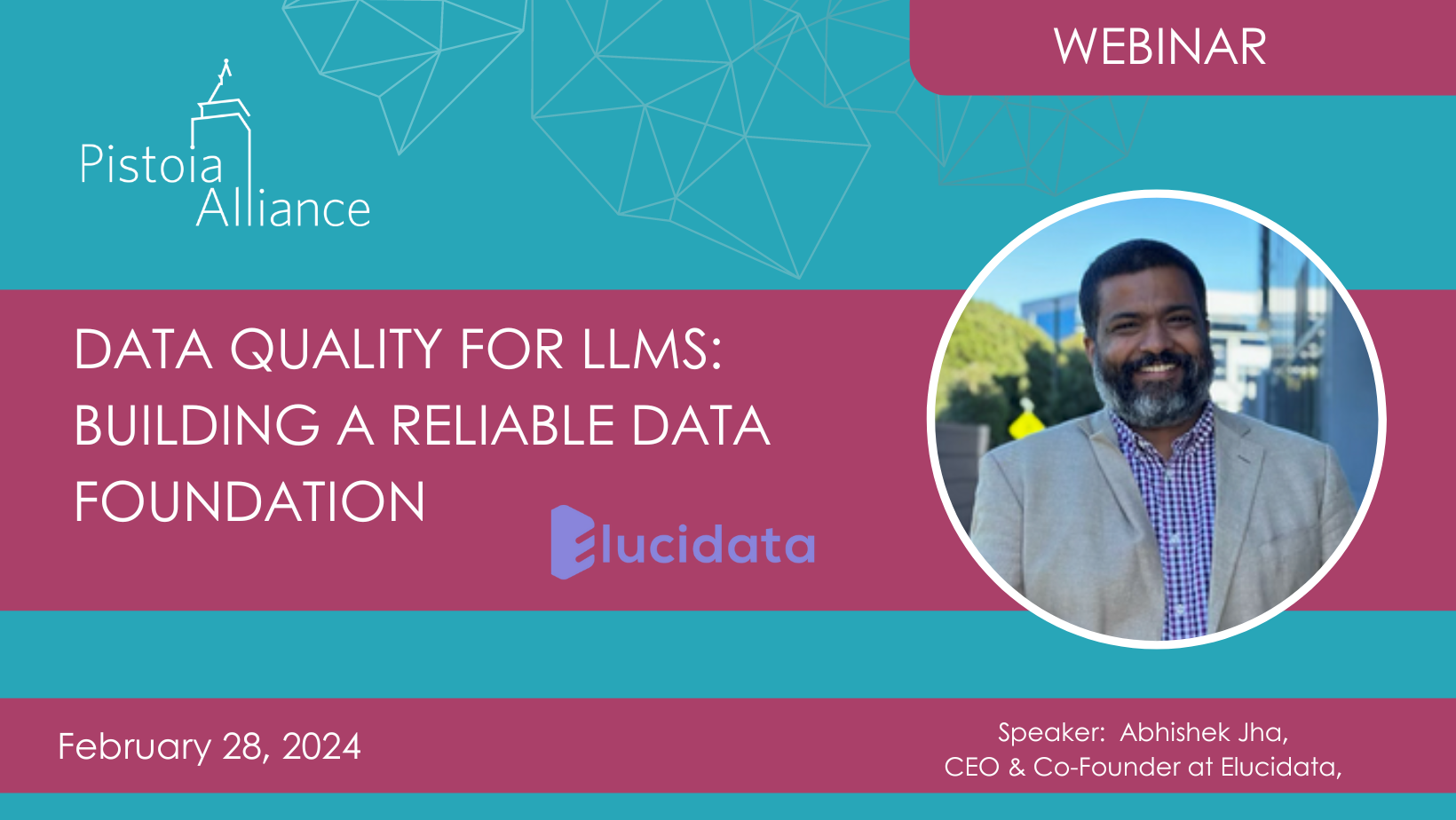At any given time, different organisations are at different stages of their FAIR implementation journeys (i.e. implementing the FAIR principles of Findability, Accessibility, Interoperability, and Reusability) and benchmarking the level of FAIRness in an organisation is challenging. While there are multiple FAIR data maturity models and metrics, there is no simple, agreed, maturity assessment model of FAIR data principle implementation at the organisational level for life-science organisations. Thus, the Pistoia Alliance FAIR Implementation Best Practice Working Group set out to design a FAIR maturity matrix, which aims to address this gap, in 2023. This document presents the first version of the FAIR maturity matrix, an organisational maturity model of FAIR implementation.
